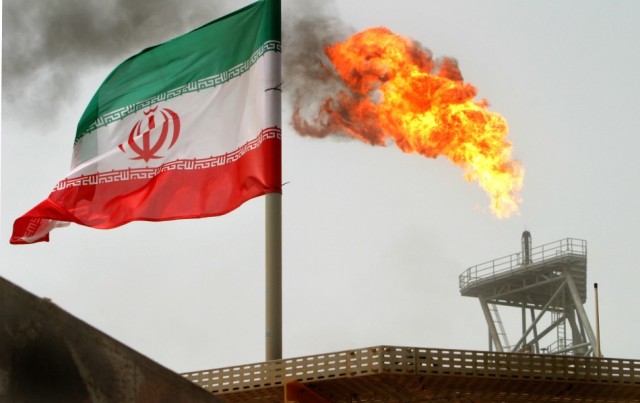Some of the world’s largest oil exporting nations agreed on a plan to limit oil output during an Organization of the Petroleum Exporting Countries (OPEC) meeting Tuesday in Doha, Qatar. The group seeks to raise the historically low price of crude, but a resurgent Iran sought to undermine the cartel’s decision for its own political aims.
Saudi Arabia led the initiative to freeze oil production at January levels, with Venezuela, Qatar, and non-OPEC member, Russia agreeing to follow suit. Iraq also expressed interest in the deal, but said it would only limit exports if agreement among all OPEC states was reached. It should be noted that OPEC has frequently announced production limitations, but history shows that individual countries quickly break ranks and produce whatever they believe they can sell.
Ministers hoped that lowering oil production would in turn create market shortages and increase profitability for member states. The price for a barrel crude has hovered around $35 per barrel in the U.S., historically low compared to over $100 per barrel in 2014. The cost of oil has dropped for a confluence of reasons, including lower demand in developed economies. But more importantly, the introduction of new technologies and processes, such extracting oil from shale formations, has eroded OPEC’s influence over supply. Saudi Arabia hopes a 30 million barrel-a-day production ceiling will force out the new competition.
Raising the price is essential for most oil-producing countries because they have based their national budgets on a projected price. Libya, for example, needs oil to be at $184 bbl to break even. Iran needs $131 bbl; Venezuela $118; and Saudi Arabia $104.
Tuesday’s meeting may be the turning point, where the cartel and Russia will begin to limit supplies. Member countries are dismayed with the lower production margins that starved their national budgets, and the Saudis themselves have undergone a recent credit rating downgrade. Meanwhile, analysts say Russia, the world’s third largest oil producer, is not legally subject to the production curb, but Western sanctions and underinvestment means the country is already near its production limits.
Iran may ultimately play the spoiler in the cartel’s political ability to raise prices. Iranian press cited Oil Minister, Bijan Zanganeh, as saying cooperation is needed to stabilize prices, but that he would not agree to cut oil production. Tehran, now relieved of sanctions, wants to regain market share, but only at the expense of other oil states.


